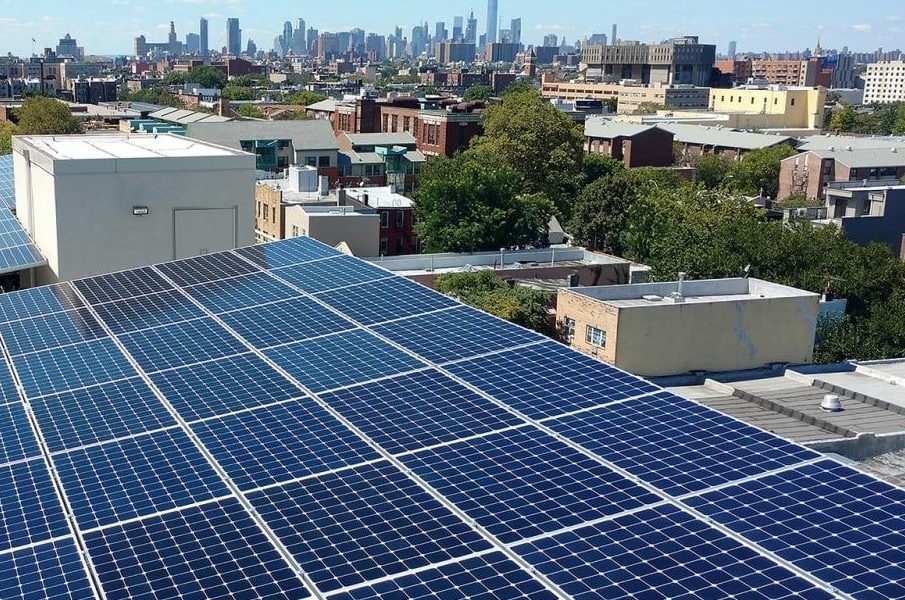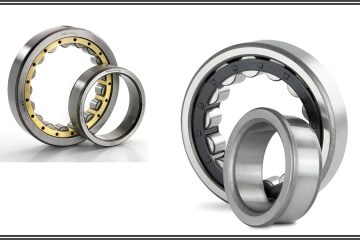Power Systems That Don’t Fail When It Counts!

In manufacturing plants, data centers, construction sites, and processing units, downtime isn’t just inconvenient; it’s expensive. That’s why electrical infrastructure must be built around reliability. At the core of these systems are connectors built to take the load: industrial plugs and sockets.
These components often receive little attention, yet they handle some of the most demanding responsibilities in industrial environments. They transmit power to critical machines, link systems together, and ensure operations run safely, even under extreme loads and temperatures.
Precision Manufacturing Backed by Experience
Choosing the right industrial plug and socket manufacturer in India is about more than just availability. It’s about trust. These aren’t off-the-shelf consumer items. They’re engineered for serious electrical loads, high voltage tolerance, and long-term performance in rugged conditions.
Manufacturers in India that lead the market today are those who have invested in high-grade insulation materials, precision mold designs, and reliable contact mechanisms. They understand that their products will be used in harsh, unpredictable environments—and they design for that reality.
Where Three-Phase Systems Rule
Large industrial machines and high-capacity systems often run on three-phase power. That means a 3-phase industrial socket is non-negotiable in many setups. These sockets are designed to handle high currents without overheating or arcing, with locking mechanisms that prevent accidental disconnections.
Three-phase sockets are used in everything from heavy machinery to commercial chillers and automated production lines. The challenge lies in finding sockets that don’t just meet spec on paper but deliver consistent performance over time. Heat resistance, water ingress protection, and ease of connection all come into play.
Built for Load, Designed for Safety
An industrial plug and socket pairing is responsible for more than power flow—it plays a direct role in electrical safety. A poor-quality connector can result in voltage drops, overheating, or short circuits, all of which can damage equipment or create safety hazards for personnel.
High-grade connectors are built with features like shrouded contacts, secure locking systems, and thermoplastic or polyamide bodies that resist fire and impact. In hazardous work zones, durability is often the first and only line of defense against serious electrical failures.
The Role of Materials and Engineering
Every component in an industrial connector—down to the screws and cable clamps—contributes to performance. Top-tier manufacturers focus on factors like contact pressure, conductive coating, and IP ratings. These design choices determine how well a connector performs under dust, moisture, vibration, or long-term stress.
This kind of attention to detail can only come from experienced electronic components manufacturers in India who understand the application demands of sectors like automotive, aerospace, pharmaceuticals, and construction.
Where Industrial Meets Modular
Another emerging trend is the integration of modularity into plug-and-socket systems. Modern industrial environments often demand flexibility—machines get moved, configurations shift, and expansion is constant. Modular systems allow for faster disconnections, streamlined maintenance, and scalable setups without rewiring entire units.
This flexibility is especially critical in temporary installations, rental equipment setups, or emergency power systems. It enables maintenance crews and technicians to adapt quickly without compromising safety or power integrity.
What Reliable Supply Chains Look Like
While the technical design is crucial, so is availability. Downtime often comes down to delayed parts. That’s why businesses prioritize manufacturers who maintain consistent inventory, offer scalable volume options, and provide post-sales support; whether it’s for a new installation or replacing a faulty connector, access to reliable stock matters.
Manufacturers who control their own production lines, maintain quality control protocols and offer technical documentation ensure smoother procurement for system integrators, facility managers, and OEMs.
Why It Pays to Invest in the Right Connector
Trying to save on industrial plugs and sockets might look appealing on paper, but the costs often surface later—in the form of equipment damage, overheating, or operational delays. High-quality connectors last longer, perform better and ensure safety across systems that can’t afford to fail.
They also support compliance with electrical safety standards and make future audits and inspections easier. For companies operating in sectors with strict safety or regulatory demands, this is a critical advantage.
Finding
Power distribution is only as strong as its weakest connection. In environments where uptime is non-negotiable and electrical loads are heavy, reliable industrial plugs and sockets are essential. For organizations seeking trusted manufacturing expertise, high-grade materials, and robust power connectors that meet real-world industrial demands, Elcom delivers the engineering strength and reliability built to keep critical systems running.












